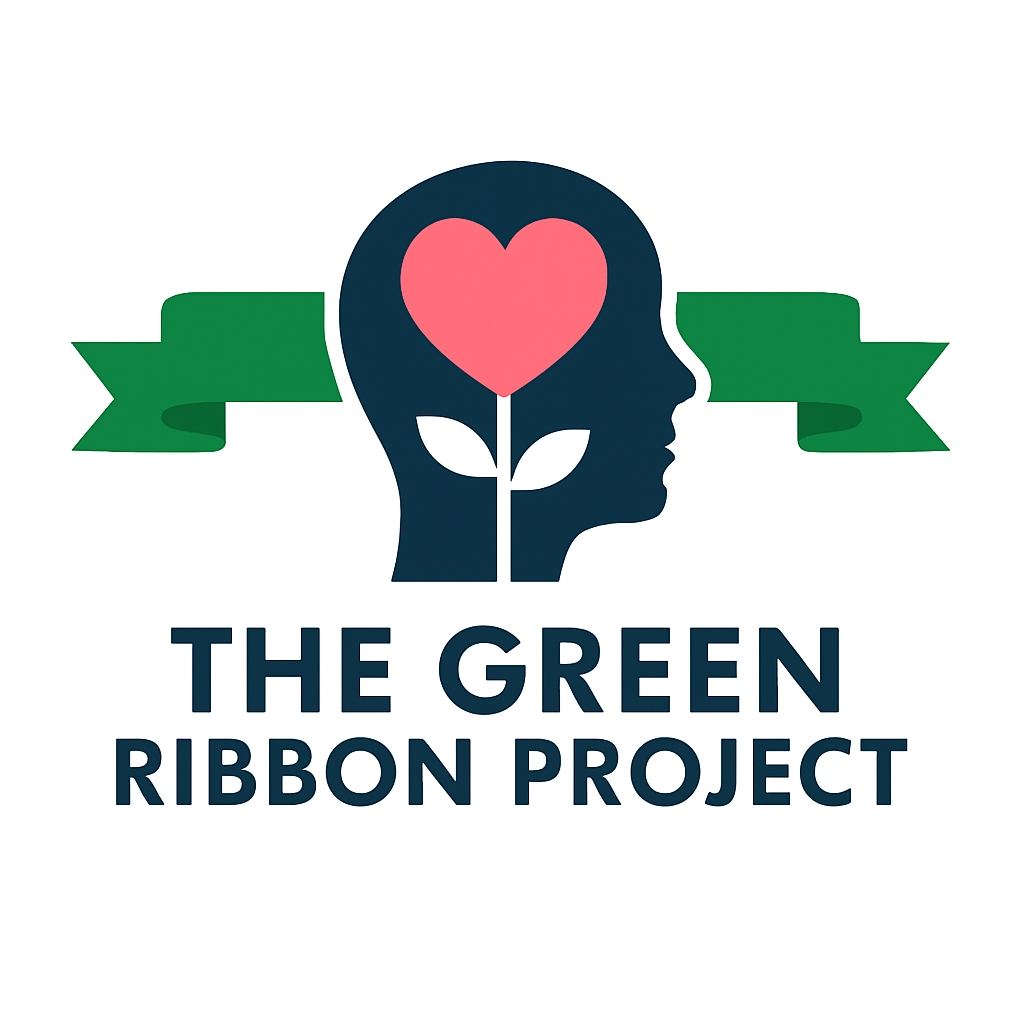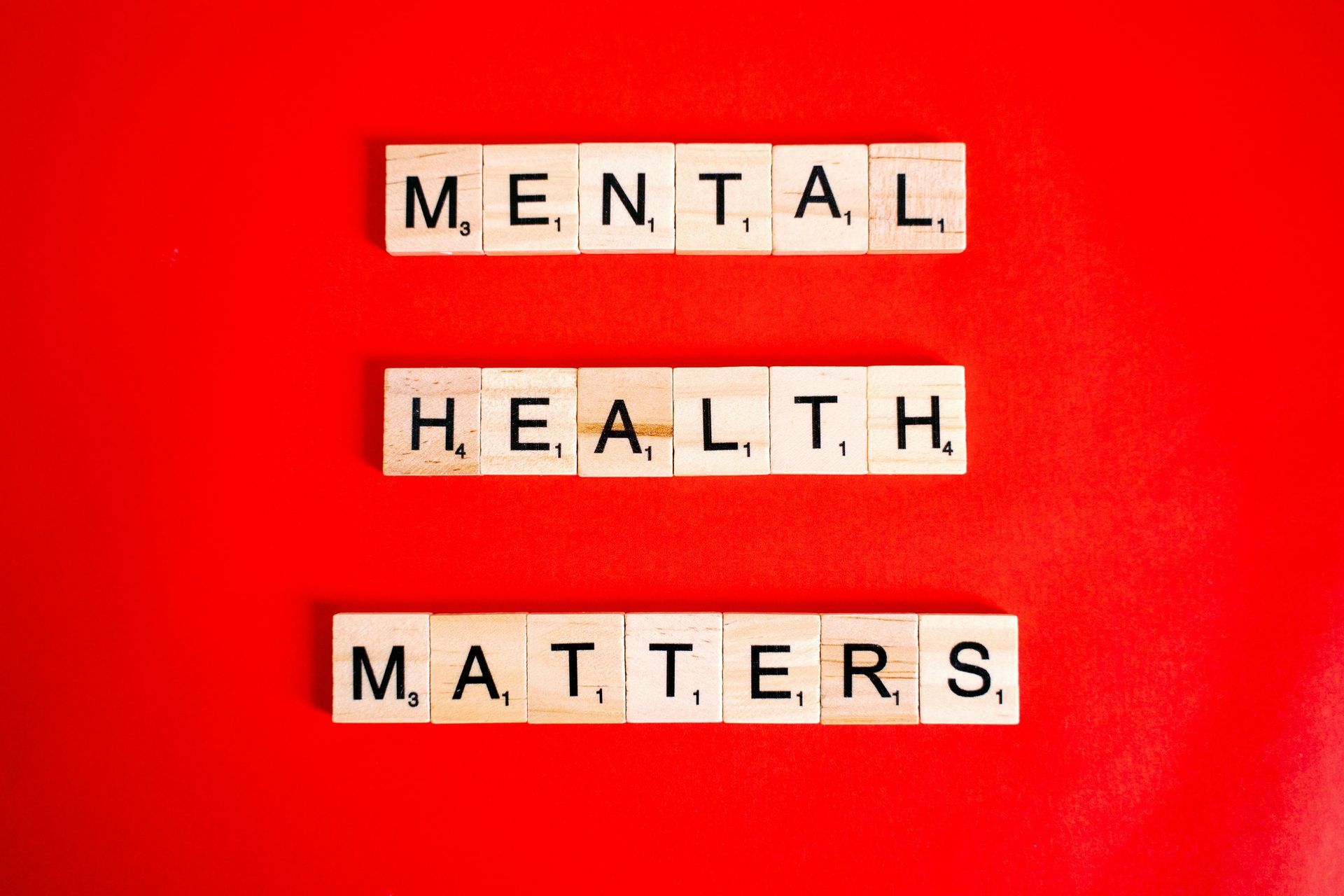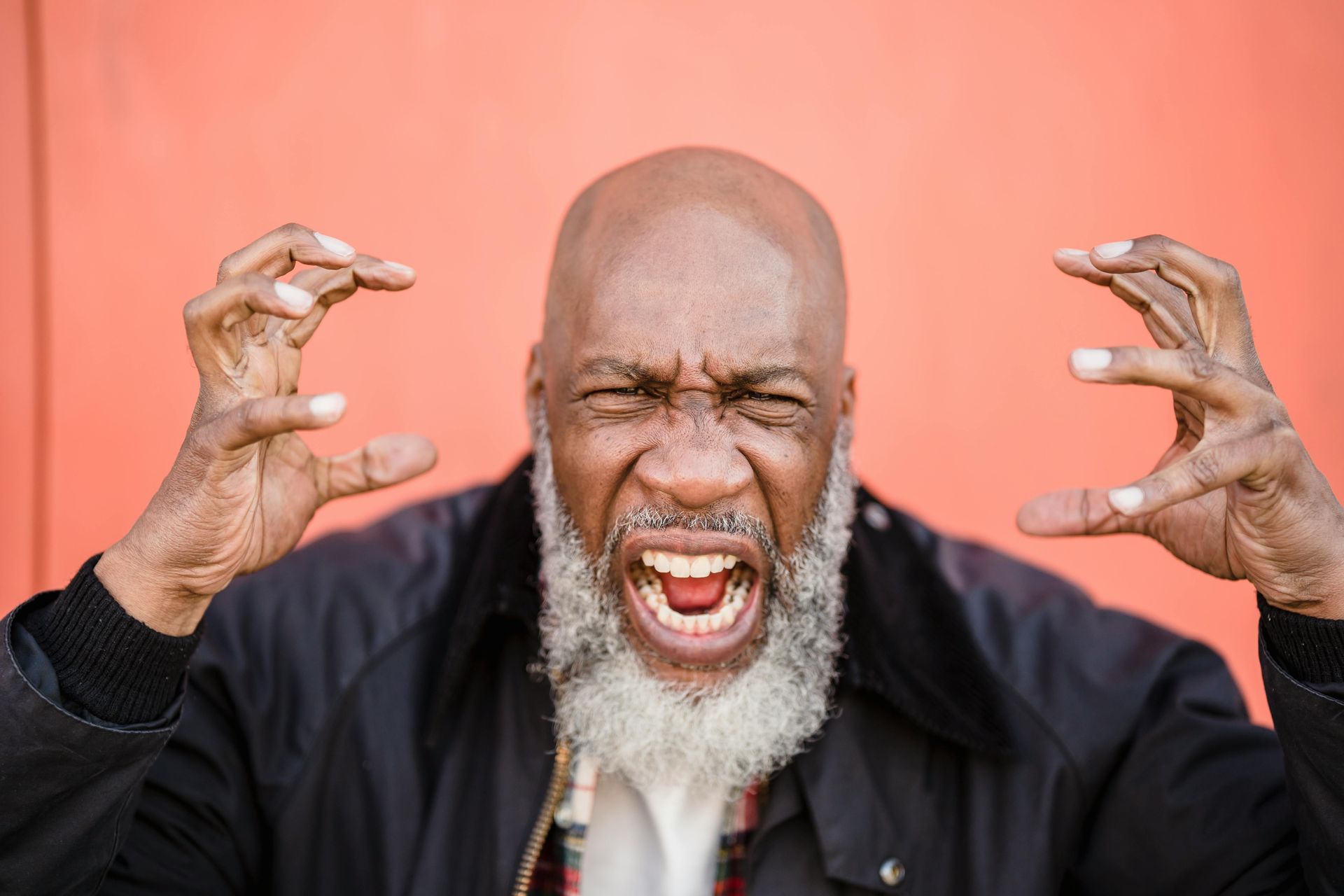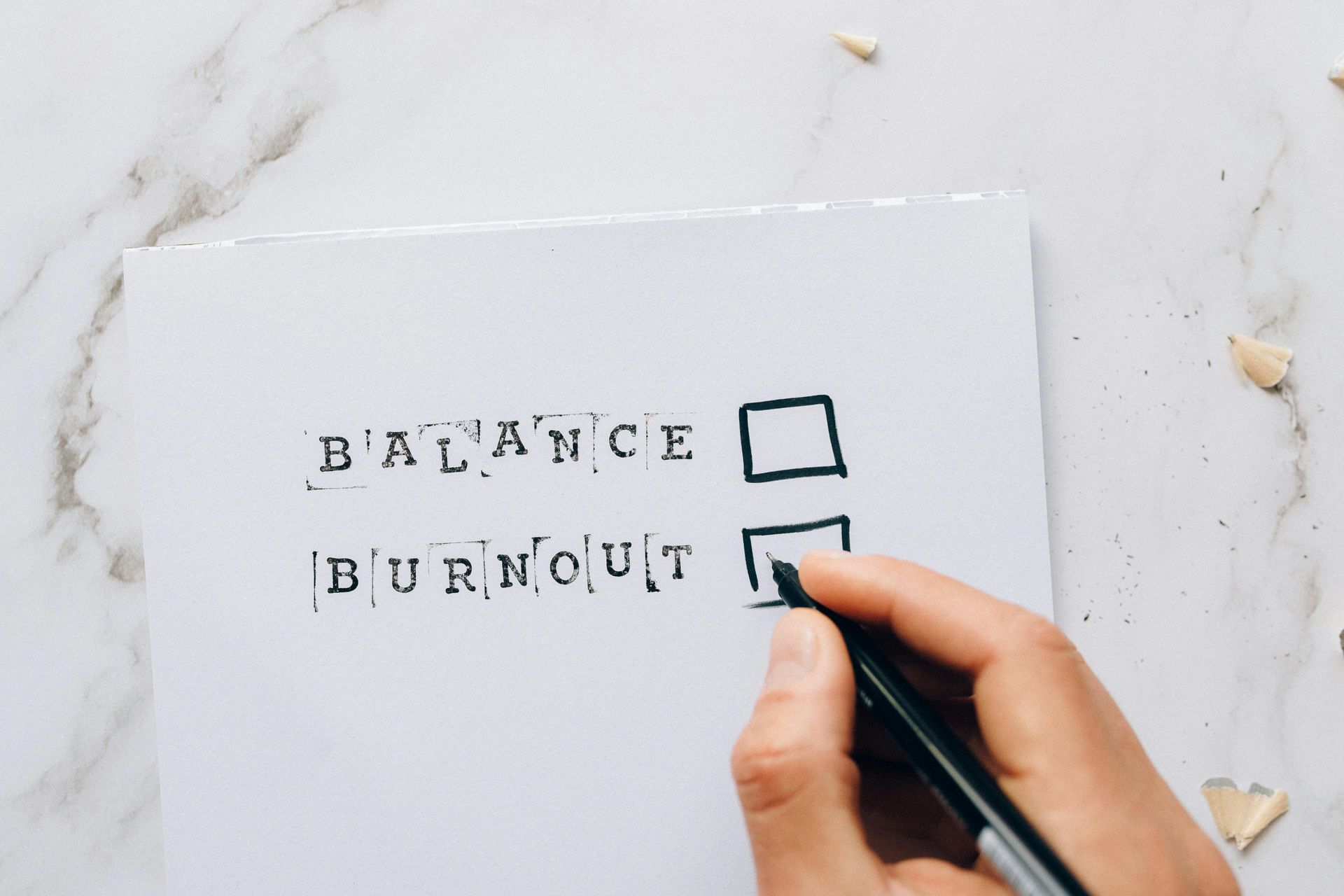Coping with Political Anxiety: 5 Practical Tips for Your Mental Health
Savannah Haughton, Thursday September 25, 2025
Disclaimer: The information in this blog is provided for general information and educational purposes only and is not a substitute for professional advice. While every effort has been made to ensure the accuracy and reliability of the content, the author assumes no responsibility or liability for any errors, omissions, or outcomes resulting from the use of this information. Readers should always consult with qualified professionals for any specific questions or concerns. Use of this information is solely at your own risk.
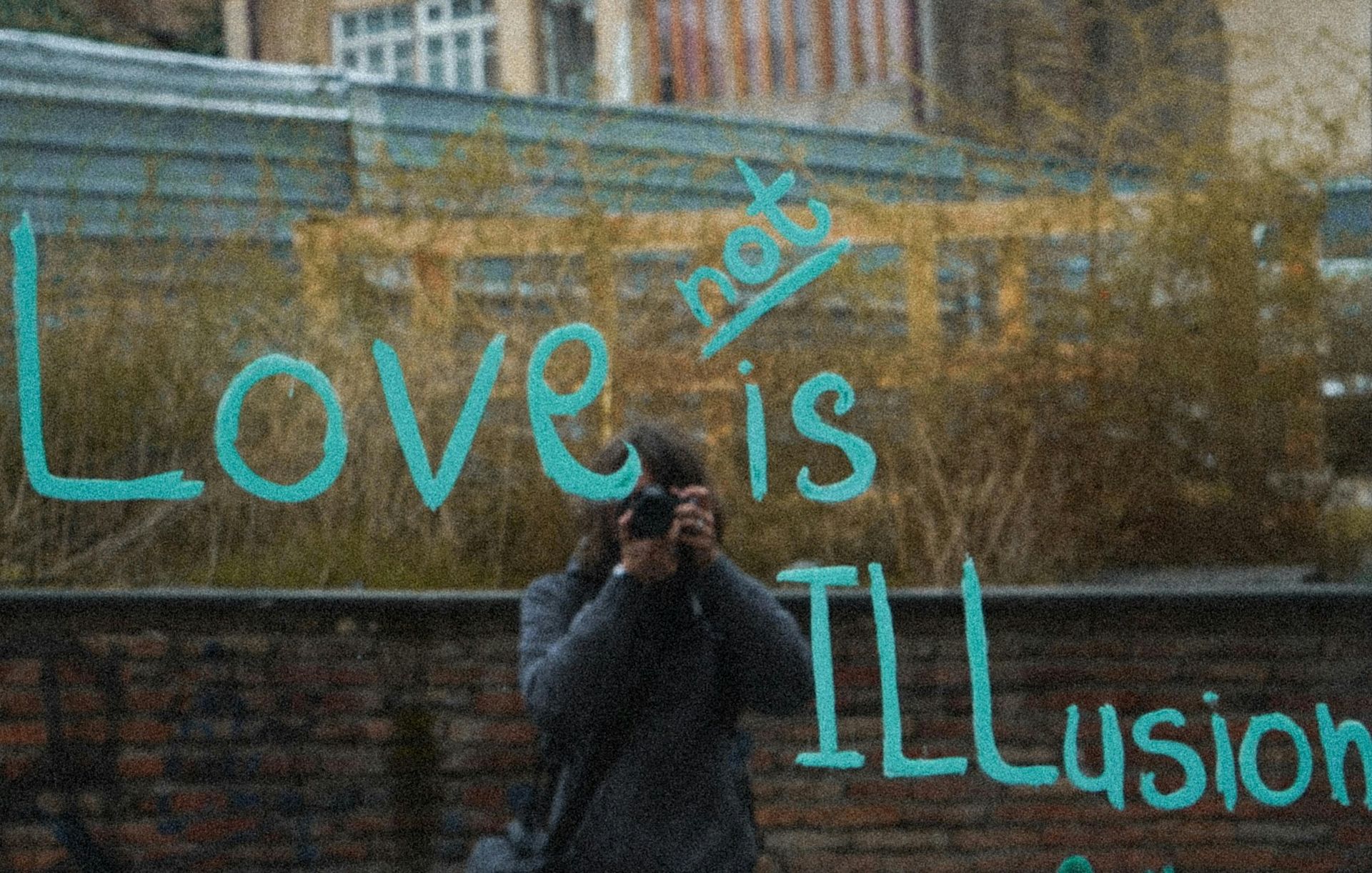
Understanding Political Anxiety
In a world with building tension and constant access to media, more and more people are experiencing political stress or political anxiety. Medical News Today refers to political anxiety as “the stress, worry, and fear individuals experience due to political events, news, or current affairs.” (Sherell, 2024)
A study by the American Psychological Association (APA) found that 77% of participants cited political events as a significant source of anxiety (APA, 2024).
As a counselor, I’ve noticed that nearly every session over the past two weeks has included discussions about the political climate. Recent high-profile events—political assassinations, mass shootings, global conflicts, and censorship—have left many clients struggling with:
Loss of interest in everyday activities (anhedonia)
Heightened anxiety and worry
Increased feelings of hopelessness
A constant sense of doom
If you’re experiencing similar emotions, you’re not alone. There are ways to take care of your mental health, even in uncertain times.
Here are five practical coping skills to help you manage political stress and anxiety.
1. Take a Break from Electronics
The immediacy of information means traumatic events often go viral within minutes. Humans weren’t built to witness tragedy in real time—sandwiched between funny videos and memes.
It’s okay to step away from the noise. Limit your time on social media, turn off push notifications, and permit yourself to unplug. Taking breaks doesn’t make you uninformed or apathetic—it protects your mental health and allows time for reflection.
2. Do a Good Deed
If you’re struggling to see the good in the world, be the good in the world.
Small acts of kindness can make a big difference:
- Volunteer for a local cause
- Adopt a pet
- Plant a tree
- Donate to a charity you believe in
- Offer support to someone in need
Surrounding yourself with others working to improve the community can help restore your hope and connection.
3. Journal Your Feelings
Journaling is a powerful way to process emotions and quiet your mind.
Try a few simple approaches:
- Brain dump: Set a timer for ten minutes and write down every thought without judgment.
- Gratitude lists: Focus on the things you’re thankful for.
- Reflection prompts: Identify what’s out of your control, then focus on what is within your control.
Writing helps you release mental clutter and see things more clearly.
4. Maintain Healthy Boundaries
You have the right to decide if or how you talk about politics with others.
If political discussions feel overwhelming, set clear boundaries using “I feel” statements:
“I feel anxious when we talk about politics because it overwhelms me. If the topic continues, I’ll need to step away from the conversation.”
Be kind but firm. Setting boundaries is a healthy way to protect your mental well-being.
5. Take Action Where You Can
When the world feels out of control, even small actions can restore a sense of purpose.
Consider:
- Joining organizations that align with your values
- Contacting local representatives to share your views
- Donating to causes or campaigns you believe in
- Volunteering for advocacy or community projects
You can’t control everything happening in the world, but you can take meaningful steps toward making a positive change.
Final Thoughts
You don’t need to do all of these tips. Feel free to “pick the best and leave the rest.” And you don’t need to do them all at once.
If you’re experiencing severe anxiety, depression, or thoughts of self-harm, please seek help from a mental health professional or call the 988 Suicide and Crisis Lifeline for free, confidential support.
Remember: You are not alone, and reaching out for help is a sign of strength.
